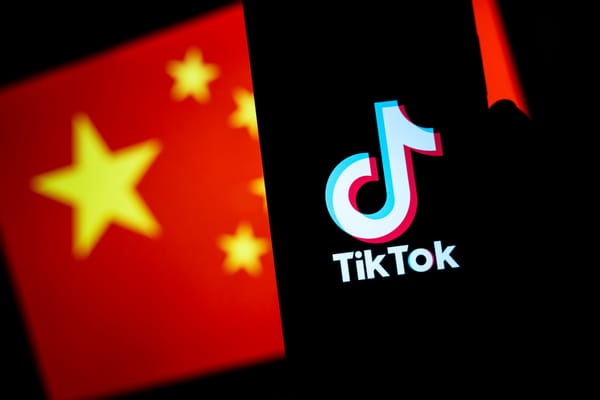I am mystified by the debate over whether to force the divestment of or ban TikTok, the Chinese digital platform that has flourished in the United States. Congress passed a bill on Tuesday that does this, citing national-security concerns. The Chinese government could have access to personal information from the platform’s 170 American million users and could also use the platform to influence American opinion. These are legitimate concerns, but there has always been a more fundamental reason for reading TikTok the riot act.
America’s international trade policy was originally based on the idea that the nation’s fledgling industries needed to be protected by tariffs from foreign producers. That policy culminated in the Smoot-Hawley Tariff of 1930, which has been blamed for turning the 1929 financial crash into the Great Depression. In 1934, Congress enacted the Reciprocal Trade Agreements Act, which allowed the United States to establish reciprocal agreements with other countries, mutually reducing tariffs. The new approach was based on the correct assumption that American industry had become competitive with, if not superior to, other countries’ industries.
That approach, extended globally, became the basis of the trade policy that America and later other leading capitalist countries followed. The United States made exceptions after World War II for Cold War allies that had been ravaged by war and needed to rebuild their industries. They allowed formal and informal trade barriers to some American goods and permitted allies to take advantage of a monetary system that had begun to overvalue the dollar. But by the 1970s, with Western Europe and Japan recovered, the United States began returning to the approach of trade reciprocity. Its principles underlay American support for creation of the World Trade Organization in 1995.
“China now blocks the main US digital platforms.”
The WTO didn’t concern itself with digital services as a form of commerce. During the 1990s, it was widely assumed that countries wouldn’t be able to regulate the flow of information through the internet. Said Tim Berners-Lee, the inventor of the web, “In the long term, it’s not possible to build walls around countries and try to preserve a walled garden for each country.” But by 1997, China had begun doing just that, building what became known as “the Great Firewall.” China now blocks the main US digital platforms from operating in the Middle Kingdom. These include Google, YouTube, Facebook, Instagram, and WhatsApp.
These are commercial platforms that sell services. As an excellent article on the controversy in The Diplomat notes, the never-ratified Trans-Pacific Partnership was the first trade agreement to recognize digital services. They fall under the same principle of reciprocity that has governed our trade policy since 1934. Why, then, does it make the least sense to allow the People’s Republic—the second largest global economy and in no need of American largesse—to operate a highly lucrative digital platform in the United States when the Chinese don’t allow America’s comparable digital platforms to operate there? It’s Globalization 101, and obvious grounds for compelling ByteDance, TikTok’s parent company, to sell its operation to an American buyer or cease operation in the United States. There are, as noted, other good reasons for insisting on this, but trade reciprocity is the most straightforward one.
Beijing has objected to the US legislation and warned that it wouldn’t allow ByteDance to sell, even if it could find a buyer. And TikTok has unleashed a torrent of ads on television featuring people like “Patriotic Kenny” extolling the benefits of the platform. Donald Trump favored a ban of TikTok when he was president, but in line with the views of the billionaire Jeff Yass, a Republican donor and major TikTok investor, Trump has suddenly become an outspoken opponent of any restrictions on the Chinese platform.
The bill, if signed, could also face a challenge in courts on free-speech grounds. The American Civil Liberties Union has temporarily turned its attention away from defending men who claim to be women competing in women’s sports to defending the rights of a Chinese media giant to sell its services to young Americans. But the issue isn’t free speech. If TikTok disappears, kids can find other platforms on which to circulate silly videos. It’s about the right of a Chinese business to sell its services in the United States when China doesn’t allow comparable American businesses to sell their services there.
